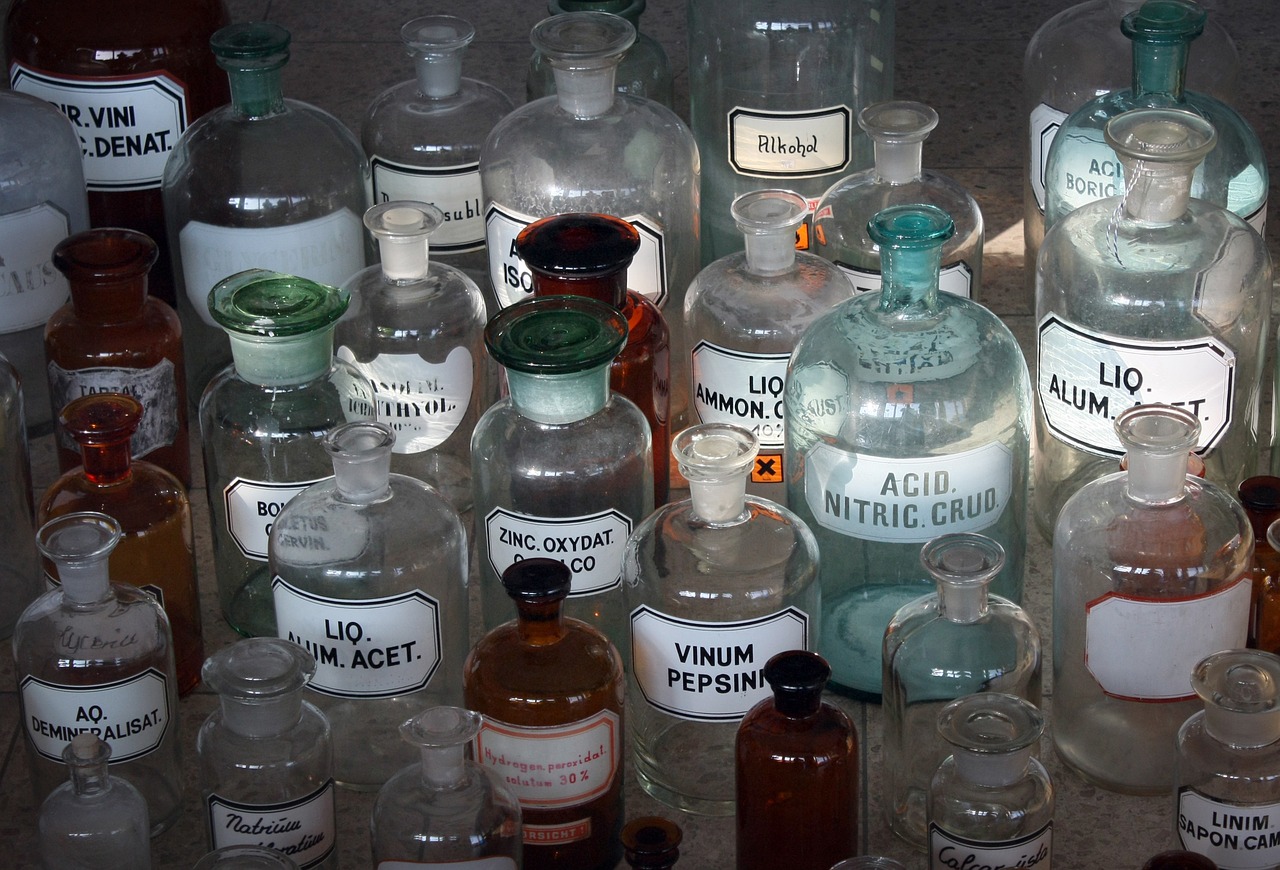Importance of Synthesis and Formulation distinction – Chemistry and industry rely heavily on two fundamental processes: synthesis and formulation. Both are critical in creating various substances, yet they diverge significantly in their methods, aims, and applications.
Importance of Synthesis and Formulation distinction

Introduction to Synthesis and Formulation
Understanding the basics of synthesis and formulation is crucial to grasp their differences. Synthesis primarily involves the creation of compounds or substances through chemical reactions. On the other hand, formulation encompasses the process of creating a final product by combining different ingredients in specific proportions.
Understanding Synthesis
Process and Methods of Synthesis
Synthesis employs diverse methods such as organic synthesis, inorganic synthesis, and combinatorial synthesis. It involves precise chemical reactions that result in the creation of new compounds.
Importance and Applications
The significance of synthesis is evident in pharmaceuticals, materials science, and chemical industries. It enables the development of new drugs, innovative materials, and various chemicals that drive technological advancements.
Exploring Formulation
Concept and Purpose of Formulation
Formulation focuses on the arrangement of components to produce a final product. It involves selecting ingredients, determining their proportions, and ensuring compatibility to achieve the desired outcome.
Techniques and Practices
Various industries like cosmetics, food, and agriculture heavily rely on formulation techniques to create end products. The art of formulation is meticulous, aiming to optimize product performance and stability.
Key Differences between Synthesis and Formulation
While both synthesis and formulation involve creating substances, they differ fundamentally. Synthesis concentrates on chemical reactions to produce compounds, whereas formulation is about blending ingredients for a specific product outcome. Synthesis contributes to raw material creation, while formulation shapes the final product.
Chemical vs. Product Development Focus
Synthesis is predominantly focused on chemical reactions and compound creation. In contrast, formulation emphasizes the development of end products, considering their functionalities and applications.
Goal and Outcome Variances
Synthesis aims at generating new compounds or substances, whereas formulation aims at creating usable end products with defined characteristics.
Role in Various Industries
Synthesis plays a vital role in chemical manufacturing and drug development, while formulation is crucial in industries like cosmetics, agriculture, and consumer goods.
Real-life Examples and Case Studies
Synthesis Case Studies
Exploring case studies in drug development and material science showcases the impact of synthesis on technological advancements and innovation.
Formulation Case Studies
Examples from the cosmetics and food industries highlight how formulation techniques influence product quality and consumer satisfaction.
Impact on Scientific Research and Development
The contributions of synthesis and formulation to scientific research are immense. They drive innovation but also face challenges in scalability and precision.
Advantages and Disadvantages of Synthesis and Formulation
Pros and Cons of Synthesis
Synthesis allows for the creation of novel compounds but can be resource-intensive and time-consuming. It fosters innovation but may face challenges in scalability.
Pros and Cons of Formulation
Formulation optimizes product performance but requires meticulous planning. It ensures product stability but can be complex and sensitive to ingredient variations.
Future Trends and Applications
As technology evolves, both synthesis and formulation are expected to integrate new methodologies, paving the way for innovative collaborations and advancements in various industries.
Conclusion
In conclusion, synthesis and formulation are distinct processes crucial in different phases of substance creation. While synthesis focuses on chemical reactions to create compounds, formulation revolves around crafting usable end products with specific functionalities.
FAQs
1. Are synthesis and formulation interchangeable terms?
No, they represent different stages and methods in substance creation.
2. Can synthesis exist without formulation and vice versa?
While they can exist independently, their collaboration often leads to more efficient substance development.
3. Which industries rely heavily on synthesis?
Industries such as pharmaceuticals, materials science, and chemical manufacturing rely significantly on synthesis.
4. How does formulation impact consumer goods?
Formulation determines the quality, stability, and performance of consumer products like cosmetics, food, and agricultural products.
5. What role do synthesis and formulation play in scientific advancements?
They drive innovation in research by enabling the creation of new compounds and optimizing product performance.




